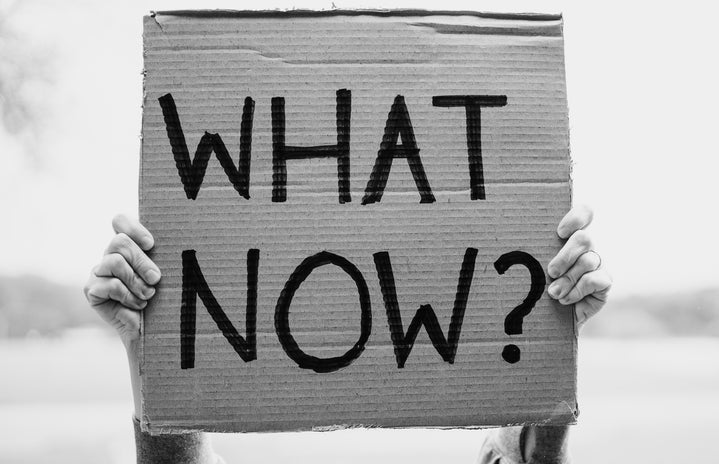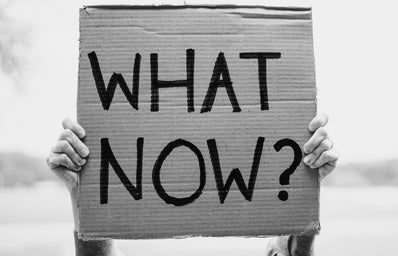On 15 August 2021, the Taliban seized control of Kabul, the Afghan capital. Since then, the world has been bombarded with the ensuing chaos, not just in Afghanistan but in major global capitals where governments are being forced to account for the events. The overall impression is that the Taliban’s rapid takeover was sudden and unexpected. However, as the shock wears away, long-standing cracks in the peace process are being revisited.
The United States had a military presence in Afghanistan since 2001, making it Washington’s longest-running official conflict. (The war in Vietnam, by contrast, lasted a little over ten years, and World War II was three years and eight months long.) But American military interference in the country goes back to the 1970s when Afghanistan was a Cold War battlefield. When the Soviet Union and the United States withdrew in 1989, Afghanistan was enveloped by civil war. It was during this period that both al-Qaeda and the Taliban emerged, groups which the Americans had (intentionally or inadvertently) funded during their military involvement in Afghanistan.
the politics of war
It seemed like good news when on 12 September 2020, the Taliban and the Afghan government sat down in Doha for the first time to discuss peace in Afghanistan. Six months earlier, on 29 February, the United States and the Taliban signed a deal to facilitate America’s troop withdrawal (a major campaign promise from then-president Donald Trump). In return for the withdrawal, the Taliban undertook to ensure Afghanistan would not become a hotbed for terrorism (the 9/11 al-Qaeda attacks were launched from Afghanistan) and agreed to enter peace talks with the Afghan government.
The Taliban kept their undertaking to enter peace talks with the Afghanistan government, but the peace talks led nowhere. Just a few weeks ago, in mid-August, negotiators for both sides, as well as from the U.S., Russia, China and Pakistan, were in Doha trying to break a deadlock in the talks. Simultaneously, the Taliban was advancing across Afghanistan.
Now, the world is scrambling to explain what went wrong. The Doha deal is top of the list.
Analysts have been largely critical of the Doha deal, saying it favours the Taliban. The deal relied on the Taliban’s word and good intentions, lacking conditions to hold the Taliban to account. The Taliban were able to broker such a favourable agreement because of Washington’s obvious desperation to withdraw American troops.
When Joe Biden came into office, he had the choice to withdraw from the Doha agreement on the basis that intra-Afghan peace talks (between the Taliban and the Afghan government) had failed to reach an agreement on the “permanent and comprehensive ceasefire” the Doha agreement called for. Evidence came from both the United Nations and American intelligence of the Taliban’s continued close links with al-Qaeda, another contravention of the deal. So, Biden’s decision to push ahead with military withdrawal came down to a lack of political will to continue military engagement in Afghanistan.
Now, Biden insists that the fault lies with the Afghan government and people, whom he accuses of not wishing to resist the Taliban.
“Afghanistan political leaders gave up and fled the country. The Afghan military collapsed, sometimes without trying to fight,” Biden declared in a televised address on 16 August. He went on to say that the U.S had provided Afghanistan with “every chance” of self-determination but “what we could not provide them was the will to fight for that future.”
“If the political leaders of Afghanistan were unable to come together for the good of their people, unable to negotiate for the future of their country when the chips were down, they would never have done so while U.S. troops remained in Afghanistan bearing the brunt of the fighting for them,” Biden continued.
However, experts feel that Biden’s argument does not hold up. “My view is that really the blame lies squarely with the United States and its allies by withdrawing its support in a reckless fashion,” said Rory Stewart (former British secretary of state for international development) in a webinar hosted by the Daily Maverick on 18 August, pointing out that the troops remaining in Afghanistan numbered just 2500 in January of this year and that there had not been a single American casualty since February 2020. Indeed, Afghans have borne the majority of casualties throughout the war (66 000 military and police personnel dead to America’s 2448 soldiers and 3846 contractors).
“The pullout basically broke the Afghan army,” said Stewart, explaining how the U.S. withdrawal included air support vital to on-the-ground operations, as well as the contractors maintaining the Afghan aircraft. The removal of such essential operations, said Stewart, resulted in a devastating loss of morale amongst the Afghan army.
There are many more reasons for the Afghan army’s collapse, including the Taliban’s shrewd exploitation of an institutional weakness in the Afghan army. At some bases, members of the army had been unpaid and underfed for months.
Going back to the Doha agreement, analysts argue that it undermined the Afghan government.
“It was an unfair negotiation, because nobody was looking out for the interests of the Afghan government,” Lisa Curtis, a Trump-era National Security Council senior director for South and Central Asia, told AP last week. Nowhere in the agreement is the Taliban required to cease attacks on the Afghan military. And once it was clear that America would withdraw no matter what, there was little leverage for the Afghan government to negotiate.
The Afghan Resistance
But with so much coverage of the West’s reaction to the fall of Kabul, the Afghan government’s response has largely fallen off the front page.
President Ashraf Ghani, an economist and anthropologist with degrees from Columbia University, fled Afghanistan as the Taliban approached the capital. As of 23 August, he was in the United Arab Emirates with plans to return to his homeland. His decision to flee has been met with widespread disdain from both the Taliban and the remainder of his government in the country.
Vice-President Amrullah Saleh declared himself the rightful president in Ghani’s absence. As of 23 August, he was leading resistance to the Taliban in the Panjshir Valley, an area an hour’s journey outside of Kabul which is famed for its historic resistance to the Taliban.
Saleh is joined by Ahmed Massoud, leader of the National Resistance Front of Afghanistan. Massoud, who has trained extensively in warfare and politics abroad, is the son of the late anti-Taliban hero Ahmed Shah Massoud.
“If Taliban warlords launch an assault, they will, of course, face staunch resistance from us,” Massoud wrote in a Washington Post op-ed on 18 August. He reportedly has 6000 soldiers ready to fight the Taliban (which has begun surrounding the valley) but is calling on the West to help supply his force.
Meanwhile, back in Kabul, Abdullah Abdullah, the chairman of Afghanistan’s High Council for National Reconciliation who led the Afghan delegation in the intra-Afghan talks, and former President Hamid Karzai, are leading talks with the Taliban. The talks have not resulted in any concrete actions, with Aljazeera reporting that the Taliban would not announce its plans for the government until 31 August, when foreign troops were due to leave the country.
Although the Taliban has indicated a more moderate approach to ruling Afghanistan than it advocated during its last period in power, Afghans remain sceptical. The airport resembles a humanitarian crisis zone, with 20 dead in the chaos as thousands try to flee on the few flights departing Kabul.
The future of the Afghan people, in particular the rights of women and girls, has touched people around the world. Celebrities have used their platforms to condemn Washington and call for refugee support and humanitarian aid to organisations working inside the country, such as UNICEF and Women for Afghan Women.
As the West focuses on the evacuation effort, what the future will look like for the Afghans who will remain in the country is uncertain.
This report was written on 23 August. The situation in Afghanistan has evolved further since then and updates will follow.


